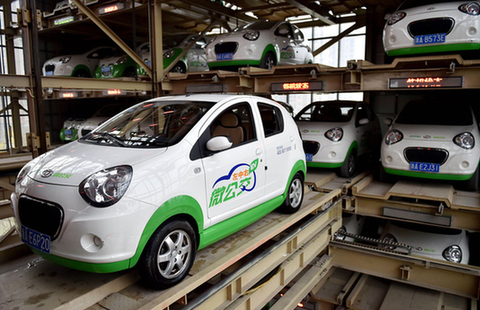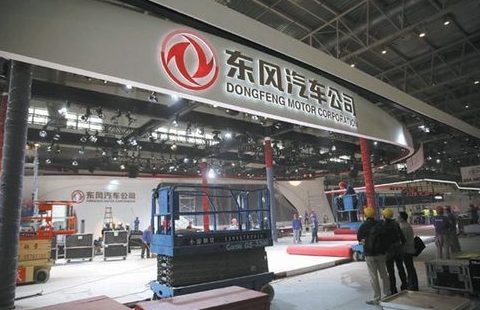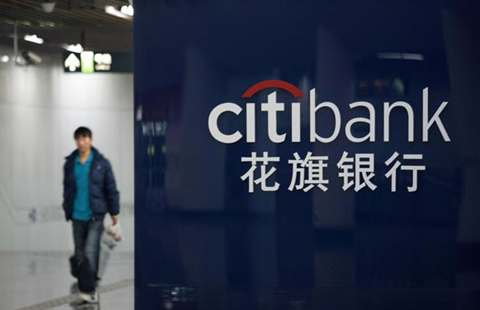Kaisa bonds fall on payment fears
(Agencies) Updated: 2015-01-07 11:25Bonds of Kaisa Group Holdings Ltd fell to record lows on Tuesday amid speculation the Chinese developer will miss more debt obligations this week as Standard & Poor's cut its credit rating to selective default.
The company's $800 million of 8.875 percent notes due 2018 tumbled 13.4 cents to 33.3 cents on the dollar in Hong Kong, according to Bloomberg-compiled prices, sending yields up 16 basis points to 55.7 percent. Its January 2020 notes plunged 10.5 cents to 33.3 cents, yielding 44.6 percent. Their 10.5 percent semi-annual coupon comes due later this week.
"The possibility of Kaisa missing the coupon on its 2020 notes is very real, given its inability to repay the loan last week," said Charles Macgregor, head of Asian high-yield research in Singapore at Lucror Analytics Pte.
S&P downgraded the Shenzhen-based developer to selective default from BB-on Monday, saying there's "high likelihood" it will renege on its upcoming obligations after it defaulted on a HK$400 million ($51.6 million) loan to HSBC Holdings Plc on Dec 31. Failure to pay the 2020 coupon would make Kaisa the first Chinese real estate company to default on the $40 billion of dollar-denominated debt that developers from the nation have outstanding, according to data compiled by Bloomberg.
Kaisa's stock remains suspended from Hong Kong trade.
As of Monday, Kaisa had group debt liabilities of about 797.2 million yuan ($128 million) that has become "due and payable upon maturity of their term", it said in a stock exchange filing on Tuesday.
The statement did not indicate whether the money had been repaid. The company had 79.9 billion yuan in liabilities, according to its latest filing in June.
Moody's Investors Service downgraded Kaisa three levels to Caa3 with a negative outlook on Monday. The loan default will weaken the company's access to funding and its sales performance, analyst Franco Leung said in a statement.
Kaisa also said on Tuesday in its exchange filing that two of its business partners had terminated their joint ventures, citing agreement breaches, and demanded their 1.2 billion yuan back.
- Economists urge caution in debate over stagnation
- US lifts ban on Ireland's beef
- Cutting-edge products at 2015 CES
- Kaisa bonds fall on payment fears
- Iron ore inventories drop as steel mills replenish holdings
- China to support civil litigation against environmental offenders
- Economists warn against lending to less-developed provinces
- Service sector offsets weak factory output

















